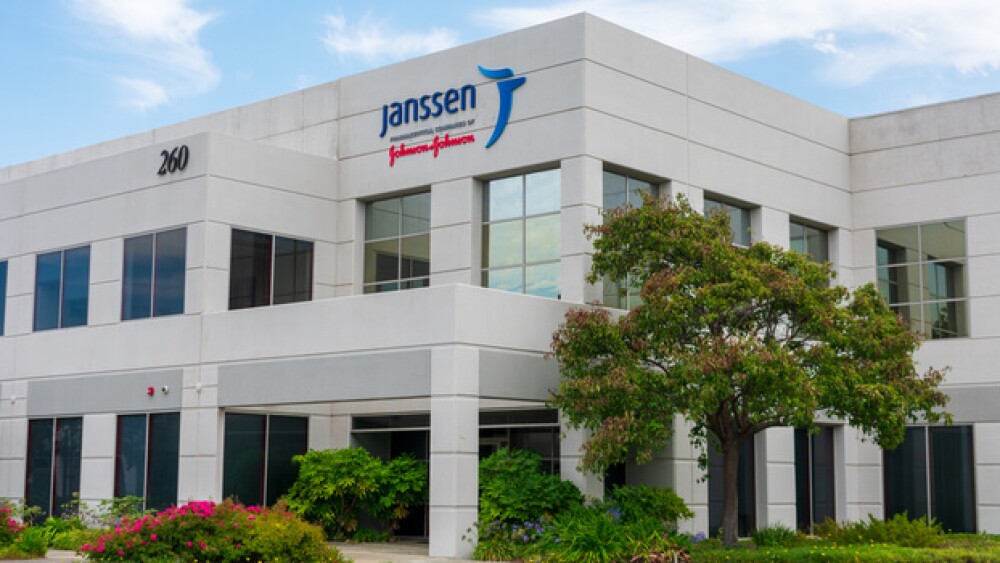Primary seven-year data from Janssen’s (Johnson & Johnson) Phase III trial of Imbruvica (ibrutinib) in lymphoma demonstrated positive survival outcomes.
Imbruvica shows positive results in old age people. (Editorial_Michael Vi/Shutterstock)
Primary seven-year data from Janssen‘s (Johnson & Johnson) Phase III trial of Imbruvica (ibrutinib) in lymphoma demonstrated positive survival outcomes.
The Phase III SHINE study showed the drug’s ability to reduce the risk of disease progression by 25% when combined with bendamustine-rituximab (BR) and rituximab in patients with newly diagnosed mantle cell lymphoma (MCL). The results are from participants ages 65 years and older.
Imbruvica is a once-daily oral medication that blocks the Bruton’s tyrosine kinase protein, which some cancer cells need to multiply and spread. It is approved in over 100 countries for at least one indication and has been the subject of more than 50 company-sponsored trials, including 18 Phase III studies. The Phase III SHINE trial, which Janssen is conducting with Pharmacyclics LLC, covers 523 participants who received either Imbruvica plus BR or placebo plus BR.
Based on a median follow-up period of 84.7 months, the Imbruva plus BR and rituximab maintenance combination delivered a 2.3-year improvement in median progression-free survival (6.7 years) compared to the placebo group’s 4.4 years. This is a 50% improvement compared to those who received BR and rituximab maintenance. The secondary endpoint of complete response was achieved in 171 patients, whereas the median time-to-next treatment was not reached. Overall survival, the third secondary endpoint, was not achieved in either treatment arm.
“The Phase 3 SHINE study reinforces our continued commitment to the development of IMBRUVICA to provide meaningful differences and change outcomes for patients with B-cell malignancies where high unmet medical needs still remain. More than eight years since its first FDA approval, IMBRUVICA has treated over 250,000 patients globally, fundamentally changing the treatment paradigm for complex B-cell malignancies,” Dr. Craig Tendler, the vice president for late development and global medical affairs at Janssen Research & Development, said in a statement.
Results were presented at the 2022 American Society of Clinical Oncology annual meeting and published in The New England Journal of Medicine.
Imbruvica is currently approved for adults with MLC who have received at least one prior therapy. This indication is approved in the U.S. under accelerated approval based on ORR. The FDA first approved the drug in November 2013, and it is currently indicated for adults in six disease areas, including five types of hematologic cancers.
“There is an urgent need to improve outcomes for older patients with MCL. Given the median progression-free survival of 6.7 years, the ibrutinib combination demonstrated the potential to be a first-line treatment in this population,” Dr. Michael Wang, the SHINE study’s principal investigator and professor at the Department of Lymphoma & Myeloma at the University of Texas MD Anderson Cancer Center, commented.
The SHINE trial of Imbruvica is one of the biggest clinical trials conducted in first-line MCL and the first for a Bruton’s tyrosine kinase inhibitor.





